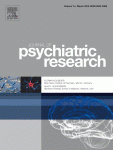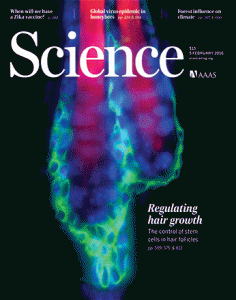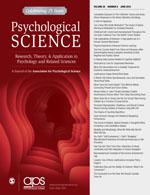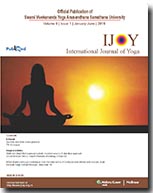
An MD Anderson Cancer Center researcher who has been under investigation by the institution for at least several years has had seven papers retracted from a single journal.
Bharat Aggarwal told us in 2012 that MD Anderson was investigating his work, but in 2013 threatened to sue us for reporting on the case. Aggarwal is no longer listed in the MD Anderson directory, and an email to him there bounced.
This week, Biochemical Pharmacology retracted seven studies of which he is the only common author, noting the “data integrity has become questionable.” The papers have been cited a total of more than 500 times, according to Thomson Scientific’s Web of Knowledge; one has been designated as “highly cited.” Here are the seven retractions: Continue reading Journal retracts 7 papers by MD Anderson cancer researcher long under investigation









